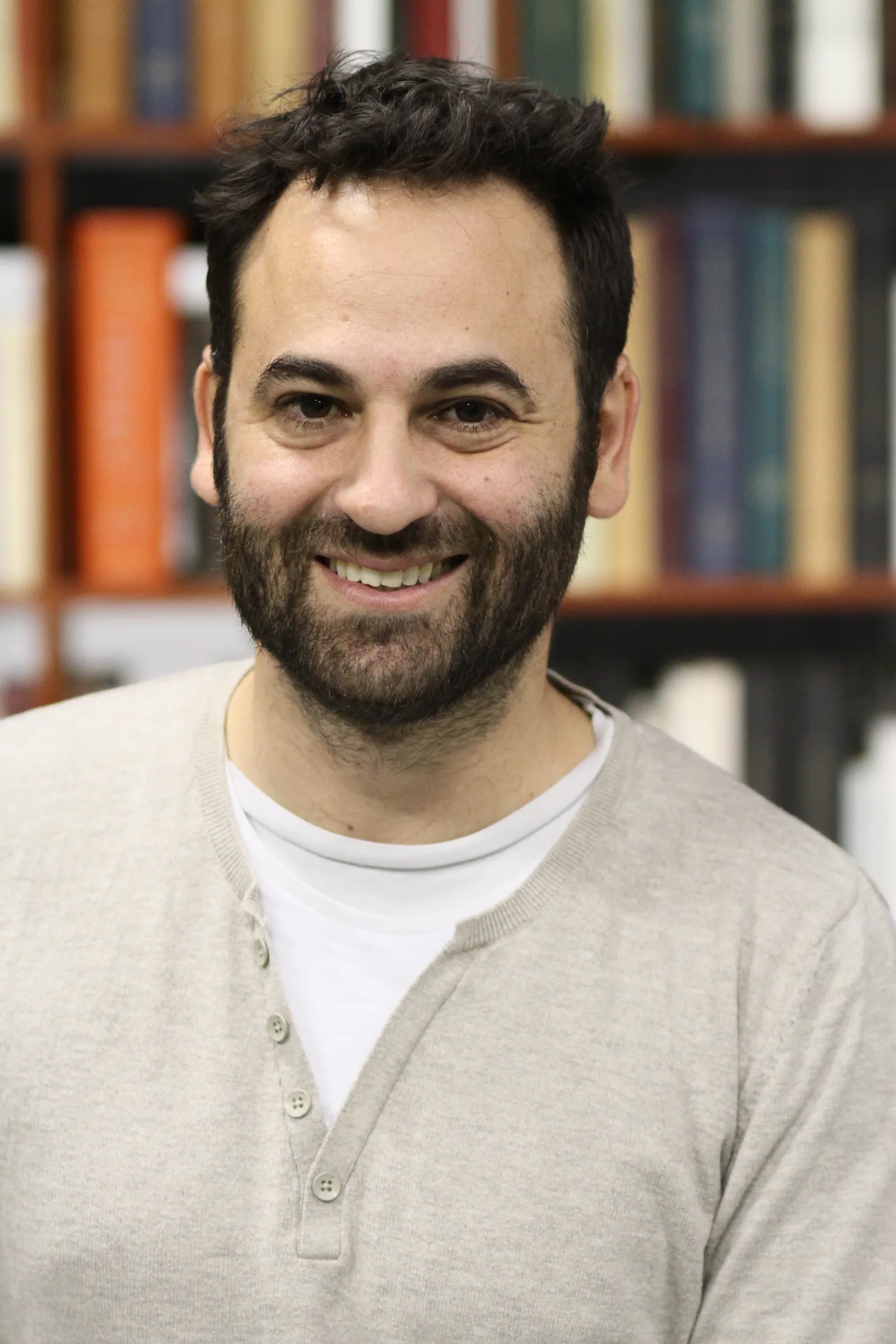Rise of the Headshrinkers: The Explosion of Choice Experiments in Neoliberal America
An excerpt from my book manuscript tentatively titled Choose Your Own Captivity: Choice Architects and the Analog Origins of Digital Capitalism, this paper explores the meteoric rise of “choice experiments” amongst corporate marketers, behavioral economists and consumer psychologists in the 1970s and 1980s and the lasting effect that they had on American capitalism. The paper will discuss how marketing practices such as “conjoint analysis” and ad campaigns such as the Pepsi Challenge shuttled millions of Americans into highly structured choice experiments in order to extract their preferences and manipulate their behavior.
Respondent: Xaq Frohlich, Auburn University
Register
This event is free, but all participants must register in advance. Space is limited, so please do not request a paper unless you plan to attend.
Register and Request PaperAbout the History of Capitalism Seminar Series
The History of Capitalism Seminar provides a works-in-progress forum for work from scholars at all levels. Proposals may consider a variety of subjects, including the history of race and racism, gender and feminist studies, intellectual history, political history, legal history, business history, the history of finance, labor history, cultural history, urban history, and agricultural history. Elizabeth Tandy Shermer (Loyola University Chicago) and Andrew Hartman (Illinois State University) are the co-coordinators of the seminar.
